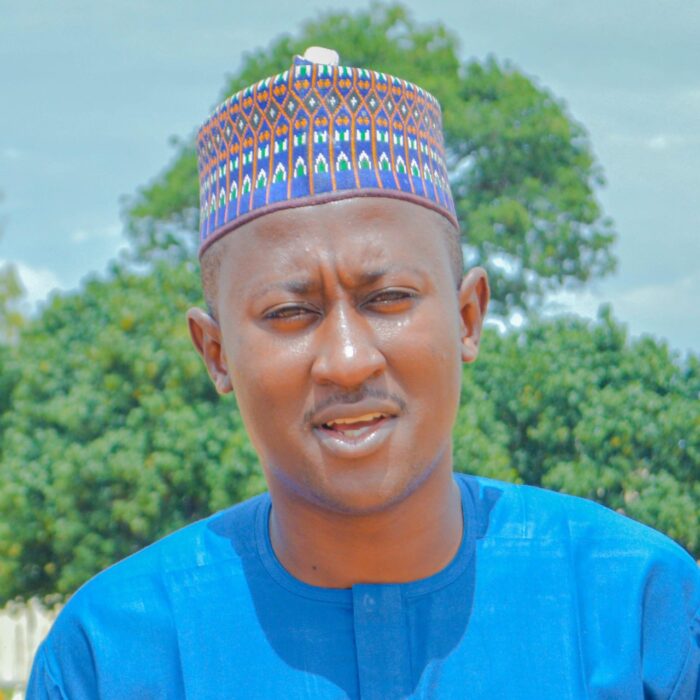National Issues
Addressing the Plight of Out-of-School Children: The Role of the National Commission for Almajiri and Out-of-School Children -By Abdullahi Adda’u Turawa

The issue of out-of-school children, particularly those enrolled in Tsangaya/Madarasa schools, is a pressing concern in many regions, especially in Nigeria. The prevalence of out-of-school children has been a longstanding challenge, impacting millions of young lives and hindering the country’s efforts to achieve universal education.
In Nigeria, the Almajiri system has been a traditional Islamic education system where children, often from impoverished backgrounds, attend Tsangaya schools to learn about the Quran and Islamic teachings. However, these schools often lack proper infrastructure, quality education, and oversight, leading to a significant number of children being left out of the formal education system.
The establishment of the National Commission for Almajiri and Out-of-School Children is a crucial step forward in addressing this issue. This commission, set to commence activities, holds promise in tackling the root causes of out-of-school children and devising strategies for their integration into the formal education system.
One of the primary focuses of this commission is expected to be the development of mechanisms for the integration of Tsangaya schools into the broader framework of Basic Education. This integration is vital for ensuring that children attending these traditional schools receive not only religious education but also access to quality basic education that aligns with national educational standards.
However, achieving this integration poses various challenges that the commission will need to address.
Many Tsangaya schools lack adequate infrastructure, qualified teachers, and learning materials. The commission would need to strategize ways to improve these aspects to meet the standards of formal education.
Integrating religious teachings with formal education requires a careful balance to ensure that the cultural and religious aspects are respected while meeting the national curriculum standards.
The support and cooperation of local communities, religious leaders, and parents are crucial for the success of integrating these schools into the formal system. The commission should work on building partnerships and gaining community trust.
Training teachers in Tsangaya schools to meet formal education standards is essential. This includes not only subject knowledge but also teaching methodologies and classroom management.
Regular monitoring and evaluation mechanisms must be in place to assess the progress of integration and address any challenges that arise.
The successful integration of Tsangaya schools into the Basic Education system will not only reduce the number of out-of-school children but also contribute to a more inclusive and diverse educational landscape. It will provide opportunities for children to access not only religious education but also essential knowledge and skills necessary for their personal and professional development.
While the establishment of the National Commission for Almajiri and Out-of-School Children is a positive step, the true impact will depend on the effective implementation of policies and programs aimed at integrating these traditional schools into the formal education system. This integration can pave the way for a brighter future for countless children who have been marginalized from quality education for far too long.
Abdullahi Adda’u Turawa, wrote from Zaria
08038216238



















